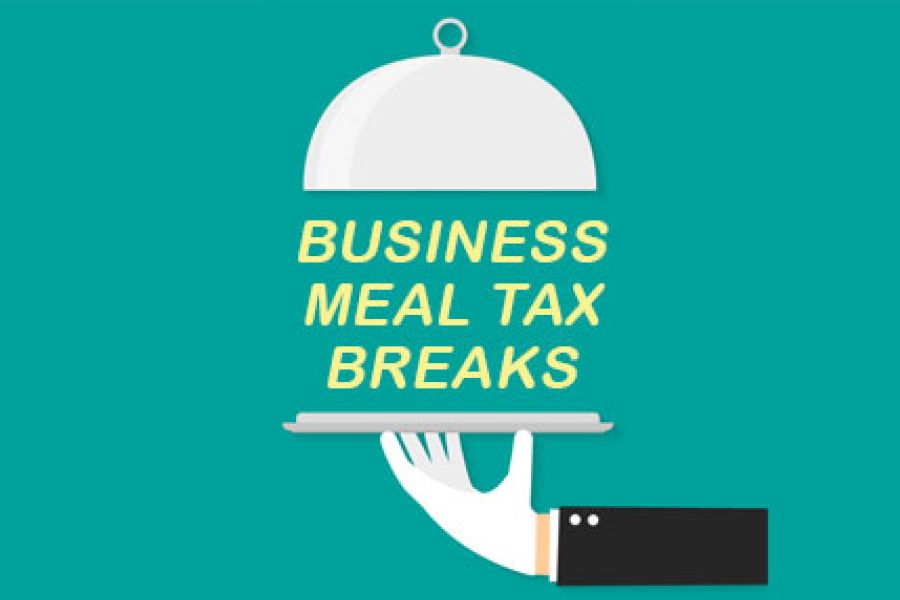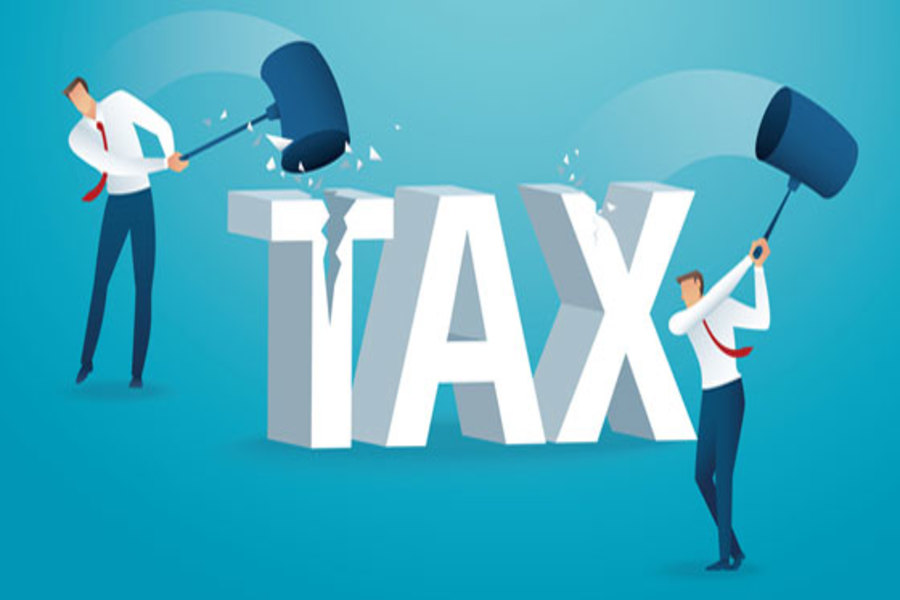The IRS and the U.S. Treasury had disbursed 160.4 million Economic Impact Payments (EIPs) as of May 31, 2020, according to a new report. These are the payments being sent to eligible individuals in response to the economic threats caused by COVID-19. The U.S. Government Accountability Office (GAO) reports that $269.3 billion of EIPs have already been sent through a combination of electronic transfers to bank accounts, paper checks and prepaid debit cards. Eligible individuals receive $1,200 or $2,400 for a married couple filing a joint return. Individuals may also receive up to an additional $500 for each qualifying child. Those with adjusted gross income over a threshold receive a reduced amount. However, the IRS says some payments were sent in error and such erroneous economic impact...

The tax filing deadline for 2019 tax returns was extended until July 15 this year, due to the COVID-19 pandemic. Now that your 2019 tax return has been successfully filed with the IRS, there may still be some issues to bear in mind. Here are 3 issues to consider after filing your 1040 on July 15th. 1. Some tax records can now be thrown away You should keep tax records related to your return for as long as the IRS can audit your return or assess additional taxes. In general, the statute of limitations is three years after you file your return. So you can generally get rid of most records related to tax returns for 2016 and earlier years. (If you filed an extension for...
It’s often difficult for married couples to save as much as they need for retirement when one spouse doesn’t work outside the home — perhaps so that spouse can take care of children or elderly parents. In general, an IRA contribution is allowed only if a taxpayer has compensation. However, an exception involves a “spousal” IRA. It's essentially an IRA for a nonworking spouse and allows a contribution to be made for that nonworking spouse. Under the spousal IRA rules, the amount that a married couple can contribute to an IRA for a nonworking spouse in 2020 is $6,000, which is the same limit that applies for the working spouse. Two main benefits As you may be aware, IRAs offer two types of benefits for taxpayers who make...
Even before the novel coronavirus (COVID-19) pandemic struck, Americans received a lot of packages. About 18 billion parcels were shipped in the United States in 2018, according to Pitney Bowes, and the parcel delivery industry has been growing at an average 4.7% each year. But given the recent “shelter in place” orders, 2020 may break records for services such as UPS, FedEx and the U.S. Postal Service. Not surprisingly, thieves and fraud perpetrators are looking for any opportunity to profit from what has become an essential service. Here’s what you should watch out for to assist you in foiling parcel delivery thieves. Porch piracy You may already be aware of physical package thefts by “porch pirates” — a crime that usually flares up around the holidays. A...
Restaurants and entertainment venues have been hard hit by the novel coronavirus (COVID-19) pandemic. One of the tax breaks that President Trump has proposed to help them is an increase in the amount that can be deducted for business meals and entertainment. It’s unclear whether Congress would go along with enhanced business meal and entertainment deductions. But in the meantime, let’s review the current rules. Before the pandemic hit, many businesses spent money “wining and dining” current or potential customers, vendors and employees. The rules for deducting these expenses changed under the Tax Cuts and Jobs Act (TCJA), but you can still claim some valuable write-offs. And keep in mind that deductions are available for business meal takeout and delivery. One of the biggest changes is that you...
The economic impact of the novel coronavirus (COVID-19) is unprecedented and many taxpayers with student loans have been hard hit. The Coronavirus Aid, Relief and Economic Security (CARES) Act contains some assistance to borrowers with federal student loans. Notably, federal loans were automatically placed in an administrative forbearance, which allows borrowers to temporarily stop making monthly payments. This payment suspension is scheduled to last until September 30, 2020. But what about the deductibility of student loan interest? Deductibility of student loan interest Despite the suspension, borrowers can still make payments if they choose. And borrowers in good standing made payments earlier in the year and will likely make them later in 2020. So can you deduct the student loan interest on your tax return? The answer is yes, depending...
The extended federal income tax deadline is coming up fast. As you know, the IRS postponed until July 15 the payment and filing deadlines that otherwise would have fallen on or after April 1, 2020, and before July 15. Here's some ways to chip away at your 2019 business tax bill. Retroactive COVID-19 business relief The Coronavirus Aid, Relief and Economic Security (CARES) Act, which passed earlier in 2020, includes some retroactive tax relief for business taxpayers. The following four provisions may affect a still-unfiled tax return — or you may be able to take advantage of them on an amended return if you already filed. Liberalized net operating losses (NOLs). The CARES Act allows a five-year carryback for a business NOL that arises in a tax year...
(This is Blog Post #842)...
The COVID-19 pandemic has opened the floodgates to scam artists attempting to profit from sick, anxious and financially vulnerable Americans. Frontline efforts to corral Coronavirus fraud are being headed up by the Federal Trade Commission (FTC), U.S. Justice Department (DOJ) and other government agencies. Here are some of the fraud schemes they’re actively investigating — and the perpetrators they’ve rounded up. Peddling false hope The FTC has sent warning letters to almost 100 businesses for making scientifically unsubstantiated claims about their products. Companies from California to Virginia, Indiana to Florida have touted (mostly online or by phone) “treatments” for COVID-19, even though the federal government hasn’t approved any vaccines or cures for the disease. Letter recipients must stop making deceptive claims immediately and notify the FTC within 48...
In light of the novel coronavirus (COVID-19) pandemic, many businesses are interested in donating to charity. In order to incentivize charitable giving, the Coronavirus Aid, Relief and Economic Security (CARES) Act made some liberalizations to the rules governing charitable deductions. Here are two changes that affect businesses: The limit on charitable deductions for corporations has increased Before the CARES Act, the total charitable deduction that a corporation could generally claim for the year couldn’t exceed 10% of corporate taxable income (as determined with several modifications for these purposes). Contributions in excess of the 10% limit are carried forward and may be used during the next five years (subject to the 10%-of-taxable-income limitation each year). What changed? Under the CARES Act, the limitation on charitable deductions for corporations...
- 1
- 2
- 3
- 4
- 5
- 6
- 7
- 8
- 9
- 10
- 11
- 12
- 13
- 14
- 15
- 16
- 17
- 18
- 19
- 20
- 21
- 22
- 23
- 24
- 25
- 26
- 27
- 28
- 29
- 30
- 31
- 32
- 33
- 34
- 35
- 36
- 37
- 38
- 39
- 40
- 41
- 42
- 43
- 44
- 45
- 46
- 47
- 48
- 49
- 50
- 51
- 52
- 53
- 54
- 55
- 56
- 57
- 58
- 59
- 60
- 61
- 62
- 63
- 64
- 65
- 66
- 67
- 68
- 69
- 70
- 71
- 72
- 73
- 74
- 75
- 76
- 77
- 78
- 79
- 80
- 81
- 82
- 83
- 84
- 85
- 86
- 87
- 88
- 89
- 90
- 91
- 92
- 93
- 94
- 95
- 96
- 97
- 98
- 99
- 100
- 101
- 102
- 103
- 104
- 105
- 106
- 107
- 108
- 109
- 110
- 111
- 112
- 113
- 114
- 115
- 116
- 117
- 118
- 119
- 120
- 121
- 122
- 123
- 124
- 125
- 126
- 127
- 128
- 129
- 130
- 131
- 132
- 133
- 134
- 135
- 136











